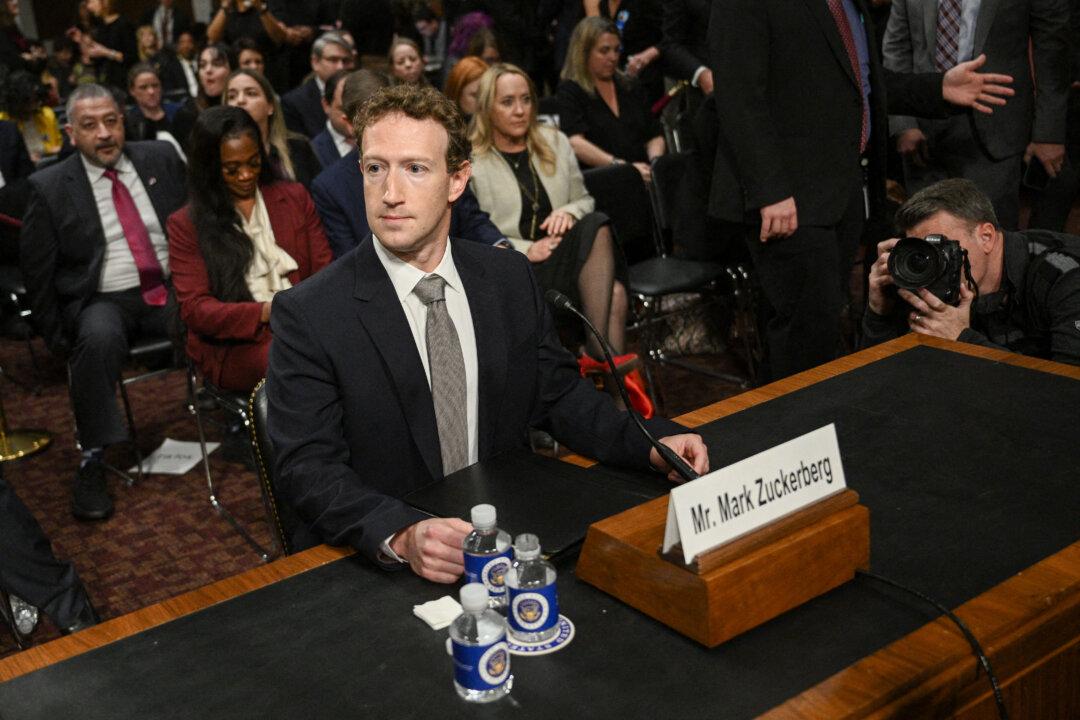The fate of social media giant Meta, billionaire Mark Zuckerberg’s primary company, is on the line as a trial begins in Washington on Monday to determine whether the tech giant is violating antitrust laws.
The Federal Trade Commission, which has spent the past six years investigating Meta, is expected to argue before U.S. District Judge James Boasberg that Meta’s acquisitions of Instagram and WhatsApp created an illegal monopoly over social networking.





